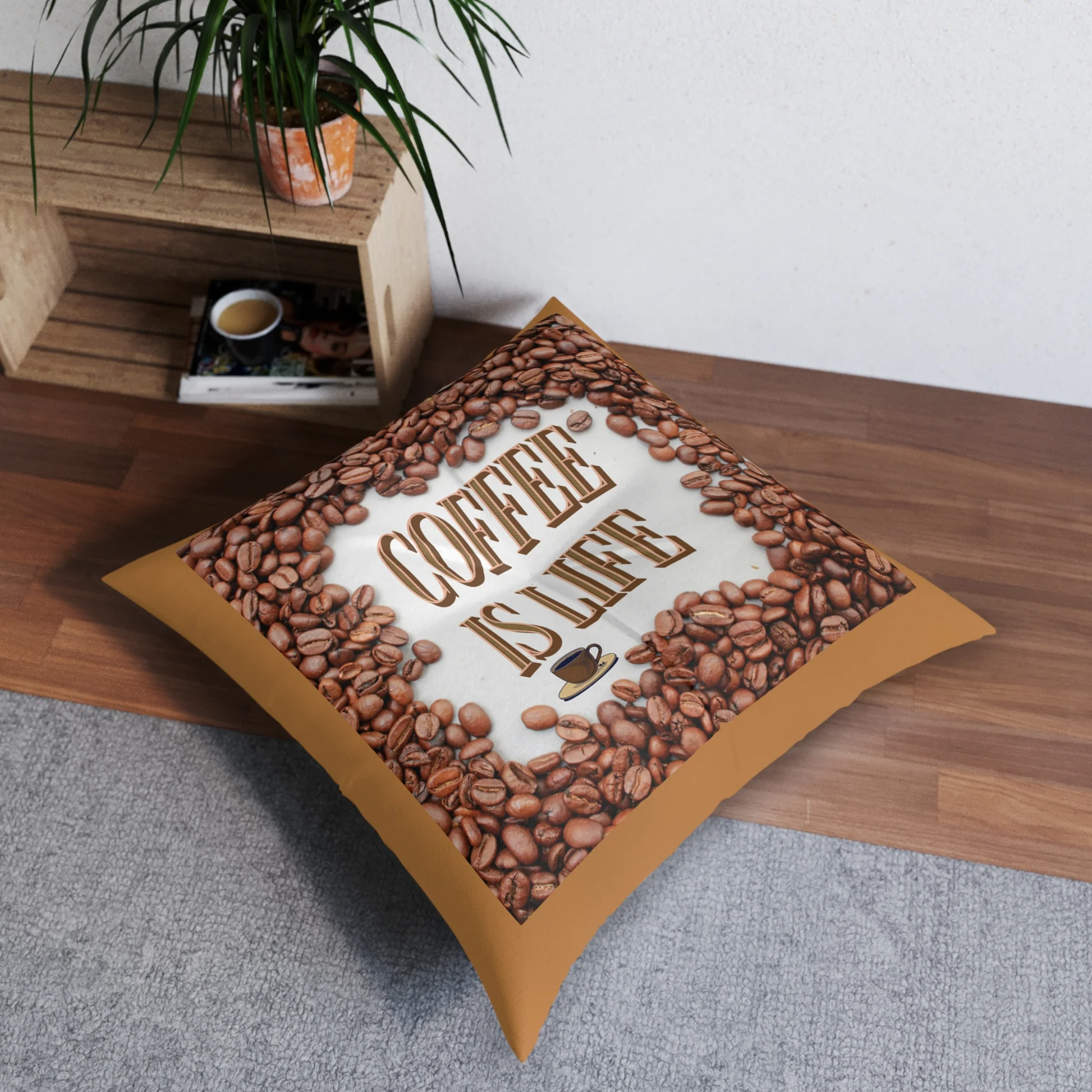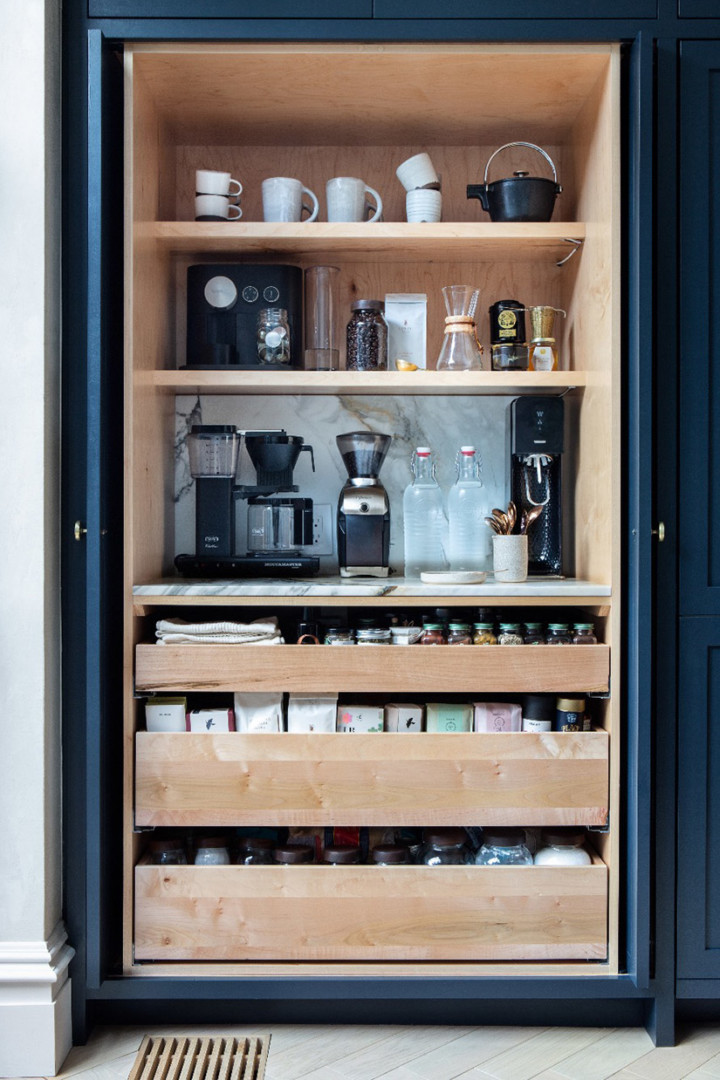1) Arabica — Coffea arabica (≈60% of world supply)
-
Origin & natural range: Ethiopian highlands → historically spread via Yemen.
-
Where it grows: Highlands 600–2,000 m, cool tropical climates 15–24 °C; Central/South America, East Africa, parts of Asia/Oceania.
-
Top producers (today): Brazil (largest), Colombia, Ethiopia, Honduras, Peru, Mexico, Guatemala; also Kenya, Tanzania, PNG, Indonesia (Sumatra); Vietnam produces a smaller share of Arabica.
-
Flavor profile: Higher acidity, wide aromatics (floral, citrus, berry), clearer sweetness; ~0.8–1.5% caffeine (lower than Robusta).
-
Popular brew styles: Pour-over (V60/Kalita/Chemex), drip, filter, manual brewers (AeroPress), high-quality espresso, single-origin cold brew.
-
Origin & natural range: Central & West Africa (Congo basin).
-
Where it grows: Lowlands 0–800(–1,000) m, hot/humid 22–30 °C; thrives in Southeast Asia and sub-Saharan Africa.
-
Top producers: Vietnam (largest Robusta), Brazil, Indonesia, Uganda, Côte d’Ivoire, India.
-
Flavor profile: Fuller body, lower acidity, notes of cocoa/dark chocolate, roasted nuts, woody/earthy; ~1.8–2.7% caffeine (higher).
-
Popular brew styles: Espresso blends for crema and body, Vietnamese phin (hot or iced with condensed milk), moka pot, strong immersion, instant coffee.
-
Origin & natural range: West Africa (Liberia, Sierra Leone, Côte d’Ivoire).
-
Where it grows: Low elevations, hot/humid tropics; tall trees, large beans (uneven “almond” shape).
-
Top producers (small volumes): Philippines (Batangas “Barako”), Malaysia (Johor, Sabah/Sarawak), Indonesia (Sumatra), some in Liberia and neighbors.
-
Flavor profile: Distinct, often fruity (jackfruit/longan), floral, with smoky/woody undertones; low acidity, unique aromatics; caffeine roughly ~1.2–1.7% (varies).
-
Popular brew styles: Traditional barako methods (strong immersion or moka/drip), modern pour-over for single-origin showcases, blends for aroma complexity.
-
Status: Now classified as a variety of Liberica; still sold as “Excelsa” in trade.
-
Origin & natural range: Central Africa (around Lake Chad/Congo).
-
Where it grows: Warm/humid lowlands; hardy trees suited to poorer soils.
-
Top producers (very small): Vietnam (limited pockets in the Central Highlands), Philippines, Cambodia; tiny amounts elsewhere.
-
Flavor profile: Tart, bright, fruity (tamarind/berry), light-to-medium body; used to add high-note complexity in blends; caffeine typically ~1–1.5%.
-
Popular brew styles: Blend component; also light-to-medium roast pour-over and immersion to highlight fruit notes.
-
Who drinks it most: Southeast Asia niche markets; specialty roasters experimenting with blends/single-origin features.
Who drinks it most: Specialty cafés worldwide; U.S., Japan, Western Europe prefer Arabica-forward beans; third-wave shops globally.
2) Robusta — Coffea canephora (≈40%)
Who drinks it most: Vietnam (phin/iced milk coffee), Italian espresso blends (often 10–30% Robusta), many Africa/Asia markets, instant-coffee brands worldwide.
3) Liberica — Coffea liberica (niche)
Who drinks it most: Philippines and Malaysia (local traditions), niche/specialty drinkers curious about rare varieties.
4) Excelsa — Coffea liberica var. dewevrei (formerly a separate species)


